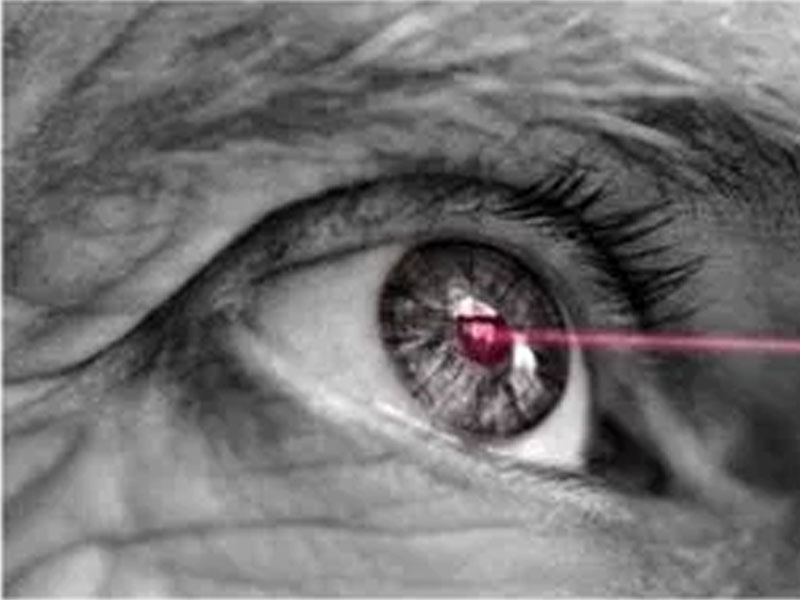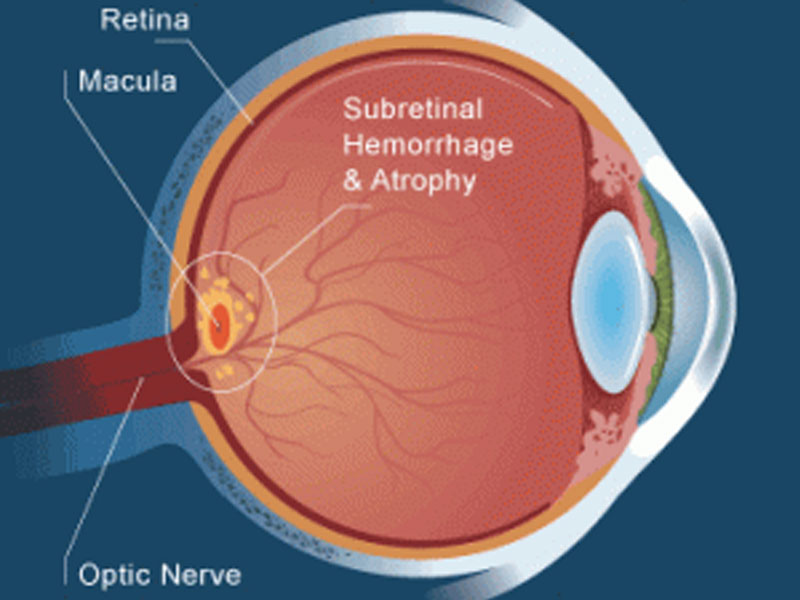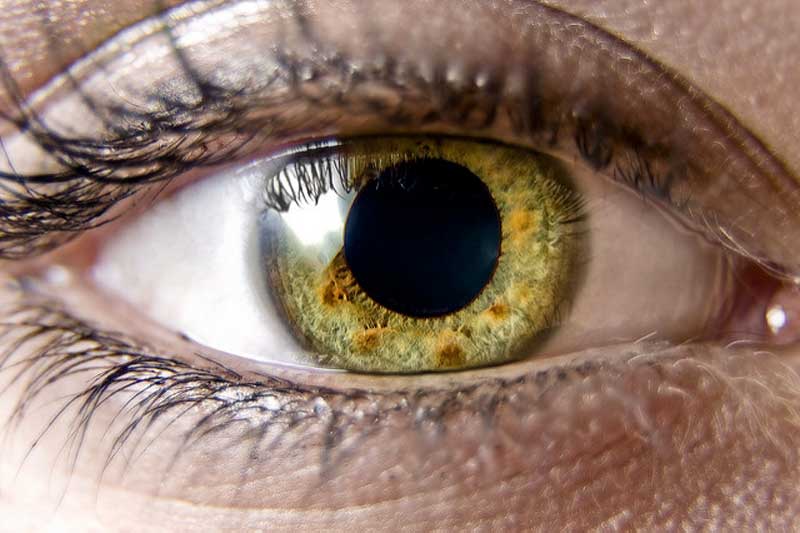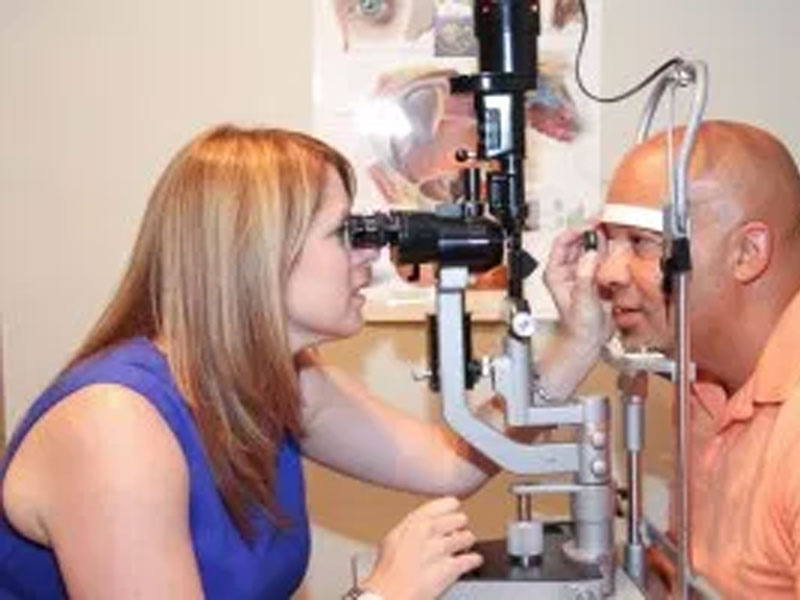
Soft Contact Lens Care
November 30, 2017
I’m 40 Years Old and I Can’t Read Small Print Anymore!
November 30, 2017There is an old saying that the eyes are the windows to the soul. This saying holds more truth than one might think. The eyes act as a window allowing direct internal observation of the effects caused by certain systemic diseases. Hypertension or high blood pressure is an example of such a disease that may demonstrates harm in the eyes.
Since hypertension is a disease that affects blood vessels, the tiny blood vessels in the eyes are also directly affected. The eye is the only organ in the body where blood vessels can be directly observed. This can give an indication of the severity of the disease elsewhere in the body. Therefore the eye plays an important role in the diagnosis and treatment of hypertension.
The primary response in the eyes is a narrowing of the vessels in the retina. This can contribute to total occlusion of the vessels causing retinal damage and subsequent vision loss. A branch retinal vein occlusion is the most common example of hypertension resulting in visual loss. Hypertensive damage may also cause fluid to leak from retinal blood vessels resulting in retinal deposits and swelling. In addition, hypertension can affect the retinal nerves supplying the eye muscles. A temporary paralysis or weakness of the muscles can occur resulting in restriction of eye movement and double vision.
Regular blood pressure checks are extremely important and screenings are done as a part of the eye examination in this office. It is important to inform your optometrist if you or a family member have been diagnosed with high blood pressure.Yearly dilated eye exams are necessary to monitor the condition. If changes due to hypertension are noticed in the eye, it is likely to be affecting other organ systems in your body.




